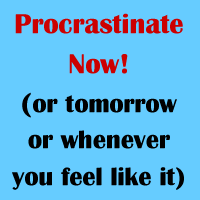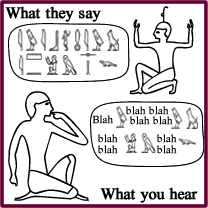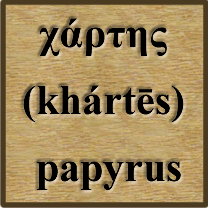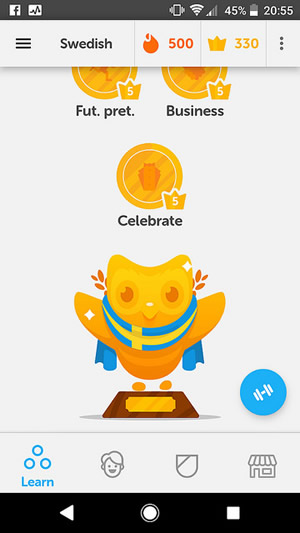Here are a few words that might be relevant today, if you happen to be in the UK:
Election – the choice of a leader or representative by popular vote, comes from the Anglo-Norman eleccioun, from the Latin ēlectiō (choice, option), from ēligō (I pluck out, I choose).
Vote – a formalized choice on matters of administration or other democratic activities, comes from the Latin vōtum (prayer, votive offering, wish, longing), from voveō (to vow, promise solemnity, dedicate, wish), from Proto-Indo-European *h₁wegʷʰ- (to promise, vow, praise).
Ballot – originally, a small ball placed in a container to cast a vote; now, a piece of paper or card used for this purpose, or some other means used to signify a vote. It comes from Italian ballotta (ballot, shot, ball, boiled chestnut), a diminutive of balla (bale, bundle).
Poll – a collection of votes, from the Middle English pol(le) (scalp, pate), probably from the Middle Dutch pol / pōle / polle (top, summit; head), from Proto-Germanic *pullaz (round object, head, top), from Proto-Indo-European *bolno-, *bōwl- (orb, round object, bubble), from *bew- (to blow, swell). The meaning of a “collection of votes” was first recorded in 1625, and came from the notion of counting heads.
Labour – comes from the Middle English labouren, from Old French laborer (to work, labour), from Latin laborare (to labor, strive, exert oneself, suffer), from labor (labor, toil, work, exertion).
Liberal – comes from Old French liberal (appropriate for a free person, generous, giving), from the Latin līberālis (befitting a freeman), from līber (free).
Conservative – comes from the Middle French conservatif (conservative), from Latin cōnservō (to preserve, conserve), from con- (with) and servō (to save, rescue, preserve, retain, watch).
Tory – comes from the Middle Irish tóraidhe, (outlaw, robber or brigand), from tóir (pursuit) [More details].
Source: Wiktionary.








